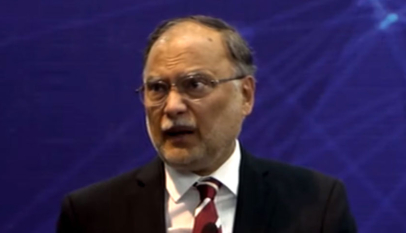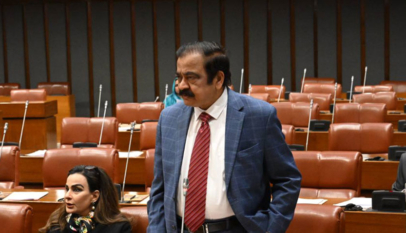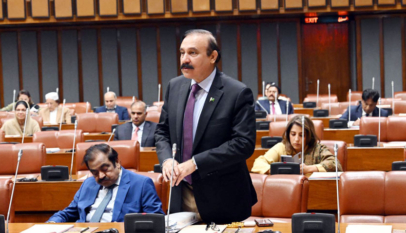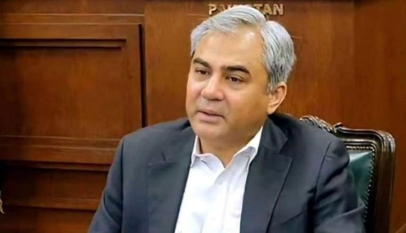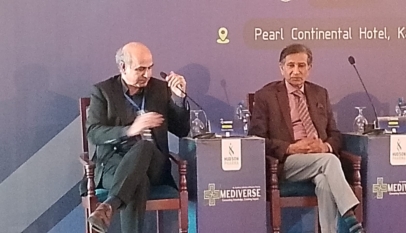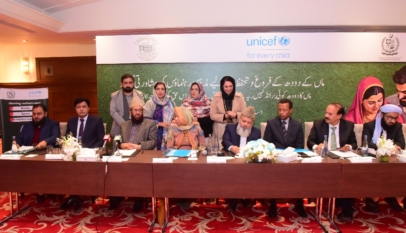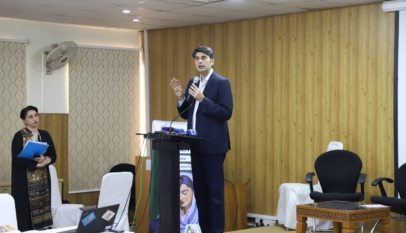
Recent estimates published in The Lancet reveal a staggering global issue, as over a billion people worldwide grapple with obesity, with nations like American Samoa with the highest rates of obesity, BBC reported.
The data from 2022 indicates approximately 880 million adults and 159 million children are affected. Shockingly, island nations like Tonga and American Samoa exhibit the highest rates, with 70-80% of adults living with obesity.
A comprehensive analysis across 190 countries places the UK at the 55th and 87th positions for men and women, respectively. The research emphasises the critical need for substantial changes in addressing obesity. This condition significantly heightens the risk of severe health problems, including heart disease, type 2 diabetes, and certain cancers.
Examining global obesity rates, the US ranks 10th highest for men and 36th highest for women, while India stands at the 19th lowest for women and 21st lowest for men. China is positioned as the 11th lowest for women and 52nd lowest for men.
Professor Majid Ezzati from Imperial College London underscores the influence of food availability and aggressive marketing of unhealthy options in certain regions, particularly island nations. He expresses surprise at the rapid global shift towards an obesity crisis.
The study, spanning 1990 to 2022, reveals a fourfold increase in obesity among children and adolescents. Among adults, the rates have more than doubled in women and nearly tripled in men. Notably, the proportion of underweight adults has decreased by 50%, though the issue persists in impoverished communities.
Director General of the World Health Organization (WHO), Dr Tedros Adhanom Ghebreyesus, emphasises the need for the prevention and management of obesity from early life. He stresses the importance of governmental, community, and private sector cooperation for effective action.
Dr Guha Pradeepa, a co-author from the Madras Diabetes Research Foundation, highlights global challenges exacerbating malnutrition. Climate change, the COVID-19 pandemic, and conflicts like the war in Ukraine contribute to increased poverty and the rising cost of nutrient-rich foods, affecting both obesity and underweight issues globally.
The study, involving over 1,500 researchers, underscores the urgency for collective efforts to combat this complex and pressing health crisis.








